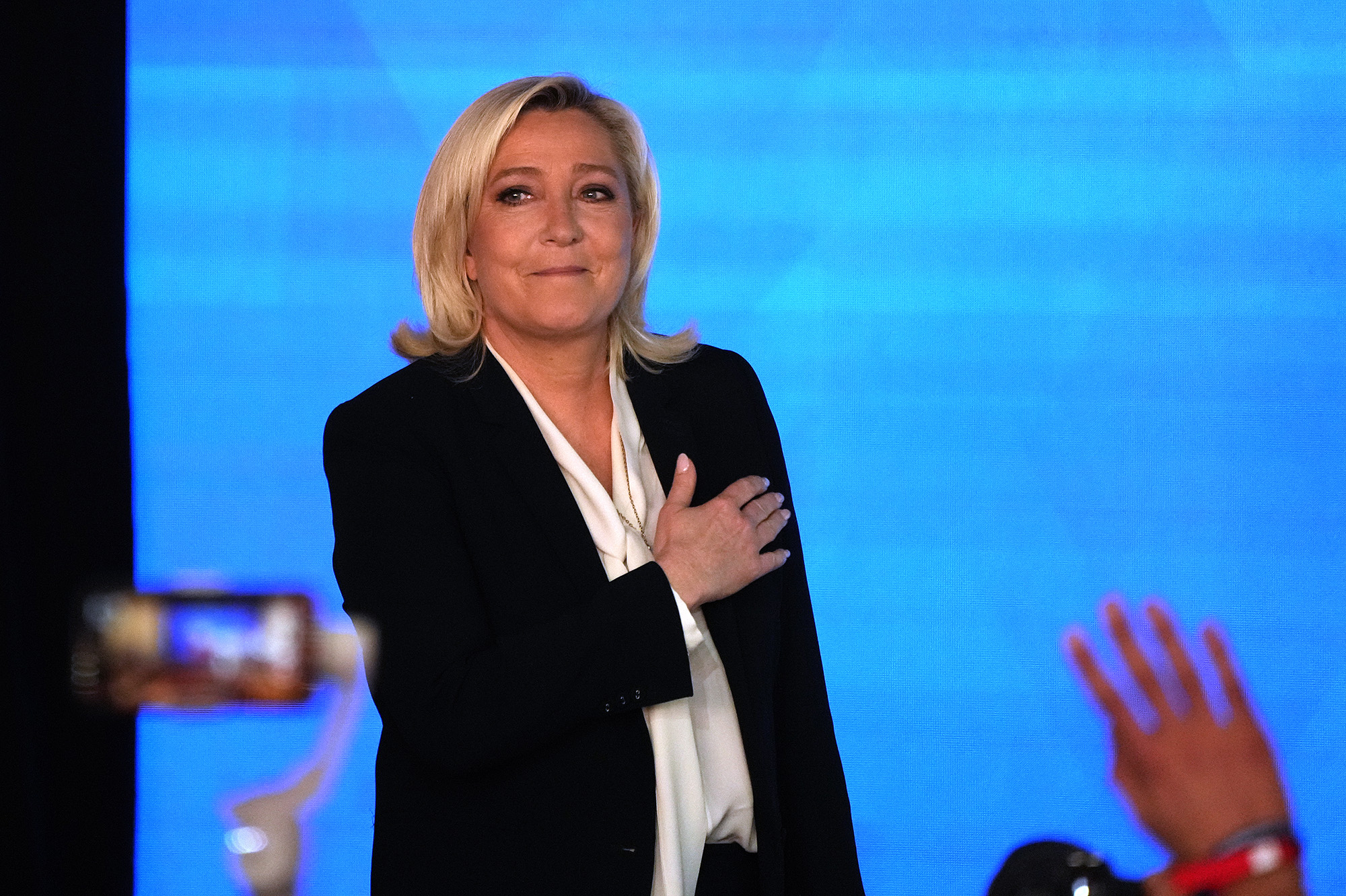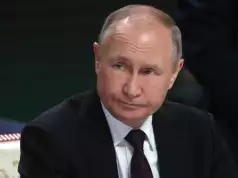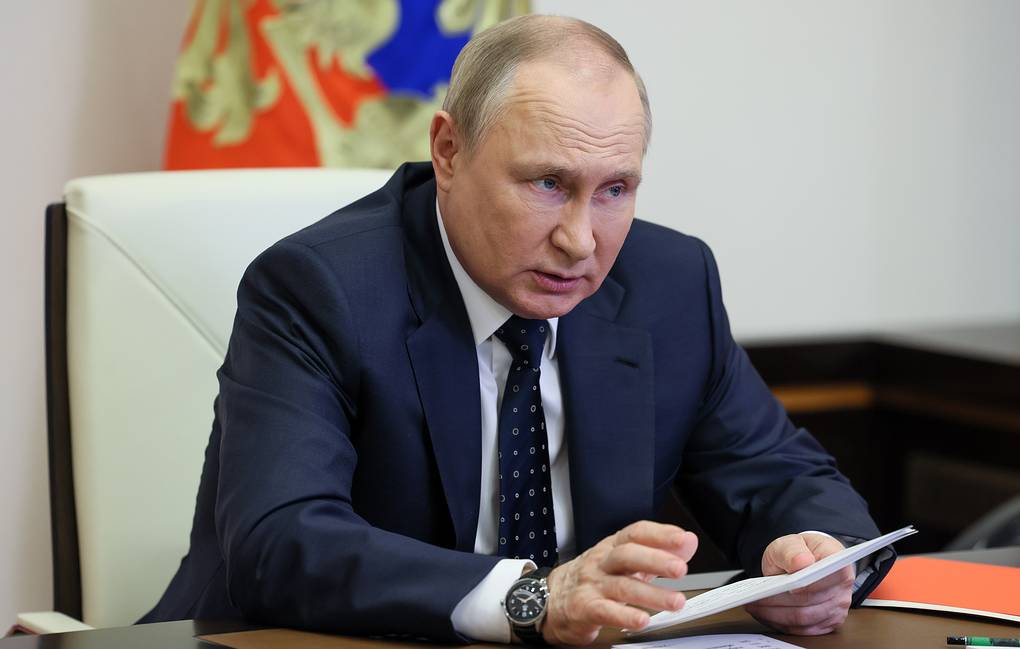
With Marine Le Pen’s loss in the runoff of the French presidential election on Sunday, Russian President Vladimir Putin may have just lost his best shot at getting a major geopolitical partner in the West.
Le Pen has, historically, been a vocal admirer of Putin, even visiting him while campaigning for the presidency in 2017. She is famously critical of France’s commitments to the European Union and NATO, and wants France to pull out of the latter’s integrated command. Any action along those lines would align with Putin’s geopolitical goals of fracturing Western partnerships and alliances, which he views as existential threats to Russia.
Had she won, Putin might have had a future partner inside Europe and NATO and an ally among the five permanent members of the United Nations Security Council, of which Russia is also one.
Le Pen backtracked on her support for Putin after Russia invaded Ukraine, but in a news conference focused on foreign policy held before the election, she said she wanted France to spearhead an approach of “strategic rapprochement” between Russia and NATO once the war in Ukraine ended. Given the West’s outrage and unity in response to the Kremlin’s invasion, it’s highly unlikely the two sides will find common ground any time soon.
She’s not done yet: During her concession speech Sunday, Le Pen chose to highlight her strong performance — she won 41% of the vote — and looked ahead to June’s parliamentary elections in France.
“The historic score of this evening puts us in an excellent position,” she said. “The game is not quite over.”
Despite her decision to backtrack on her support for Putin, Le Pen’s previous positions — and her party’s decision to take out a loan from a Russian-Czech bank several years ago — almost certainly cost her votes.
Whether those positions will cost her in the next vote remains to be seen.









